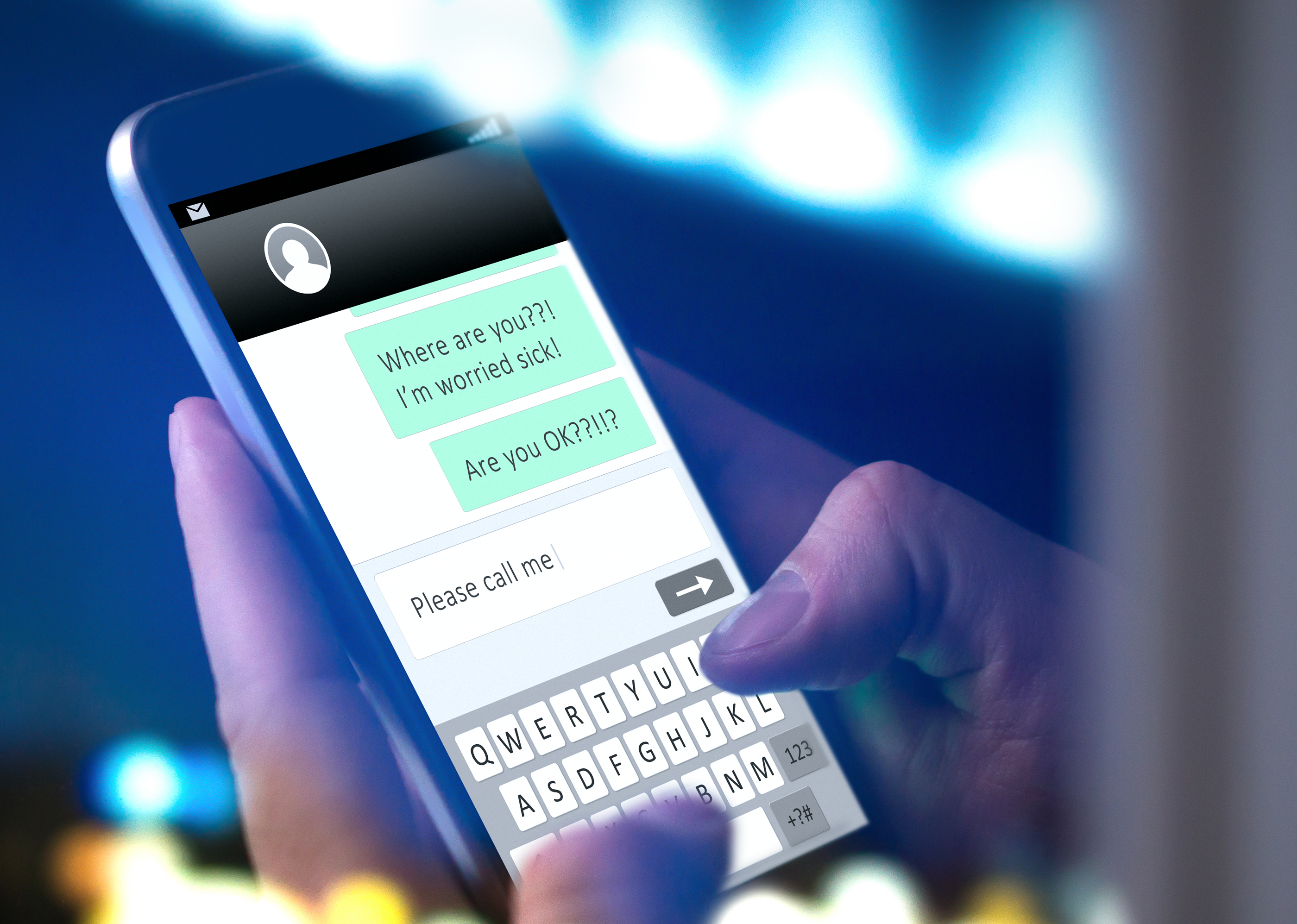AI in Digital Health: Autonomy, Governance, and Privacy
What impact will AI systems have on biomedical research, especially in the context of large-scale data sharing and confidentiality?
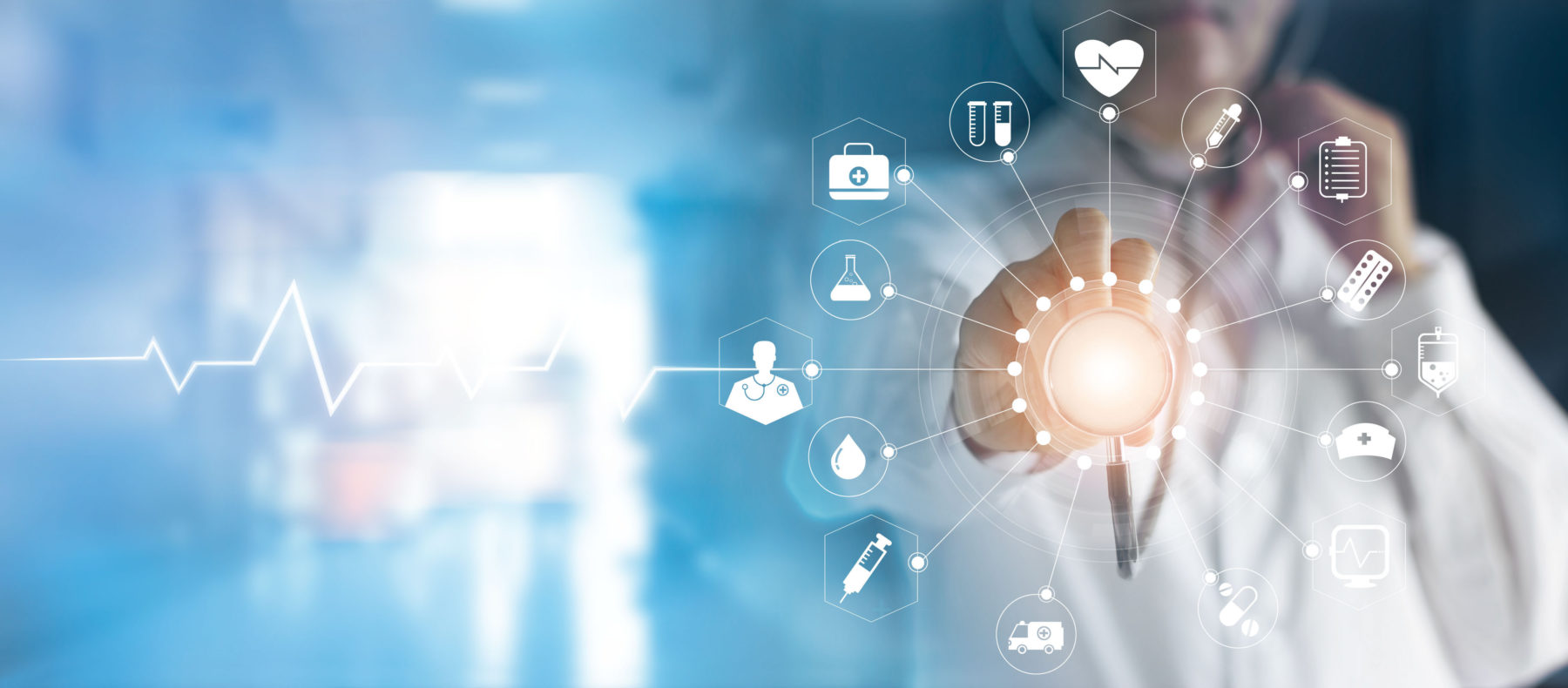
What impact will AI systems have on biomedical research, especially in the context of large-scale data sharing and confidentiality?

Individual algorithm explanations will likely do little to build trust among health care AI users.
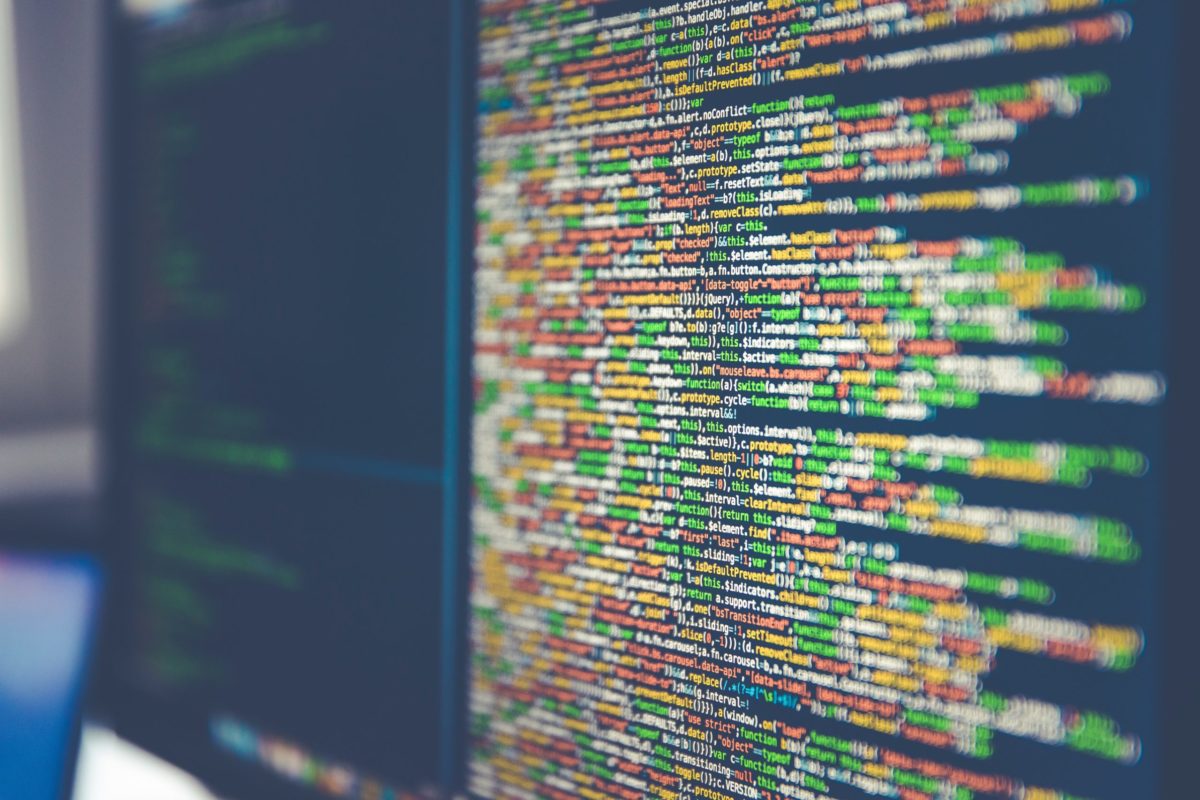
Researchers will need to consider when it is appropriate to leverage AI, versus when a human touch is needed.

The rapid deployment of COVID-19 predictive models may have a lasting impact on the oversight of health care AI.
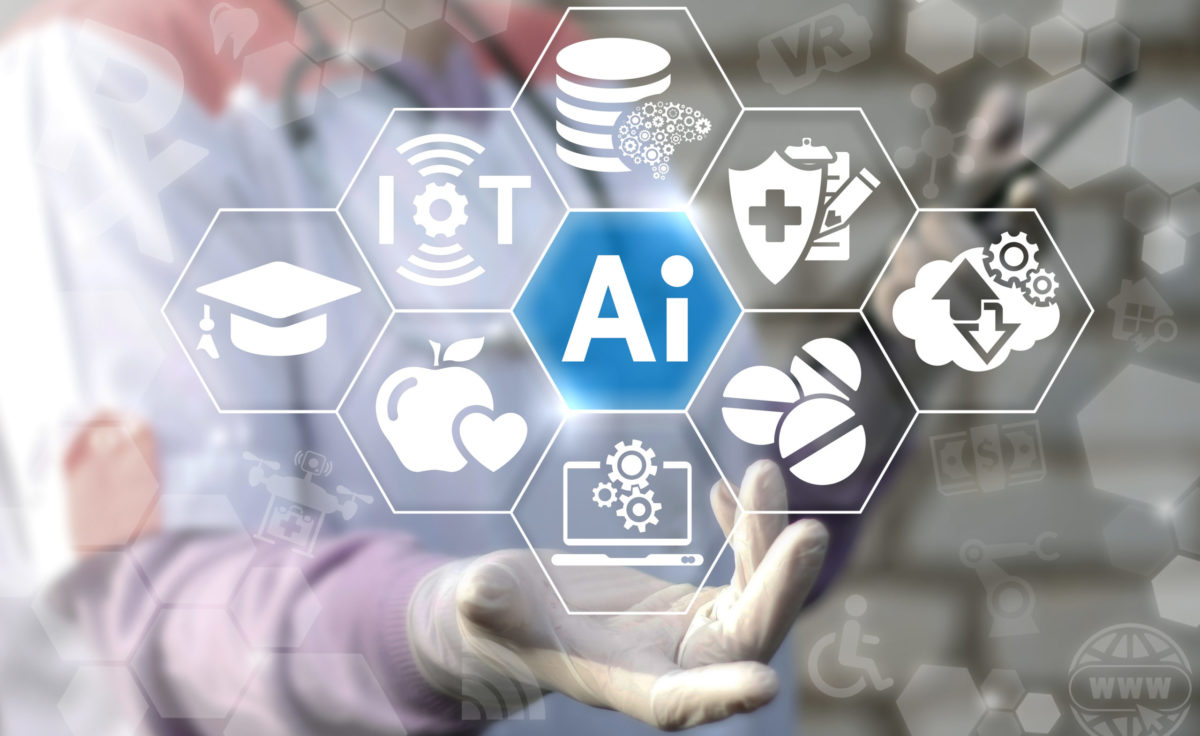
Charlotte Tschider gives a preview of her paper, “AI’s Legitimate Interest: Towards a Public Benefit Privacy Model.”

Dinerstein v. Google demonstrates gaps in HIPAA protections and the difficulty of pursuing claims against hospitals that share patient data with tech.

A recent US lawsuit highlights crucial challenges at the interface of data utility, patient privacy & data misuse By Timo Minssen (CeBIL, UCPH), Sara Gerke & Carmel Shachar Earlier, we discussed the new suit filed against Google, the University of Chicago (UC), and UChicago Medicine, focusing on the disclosure of patient data from UC to…
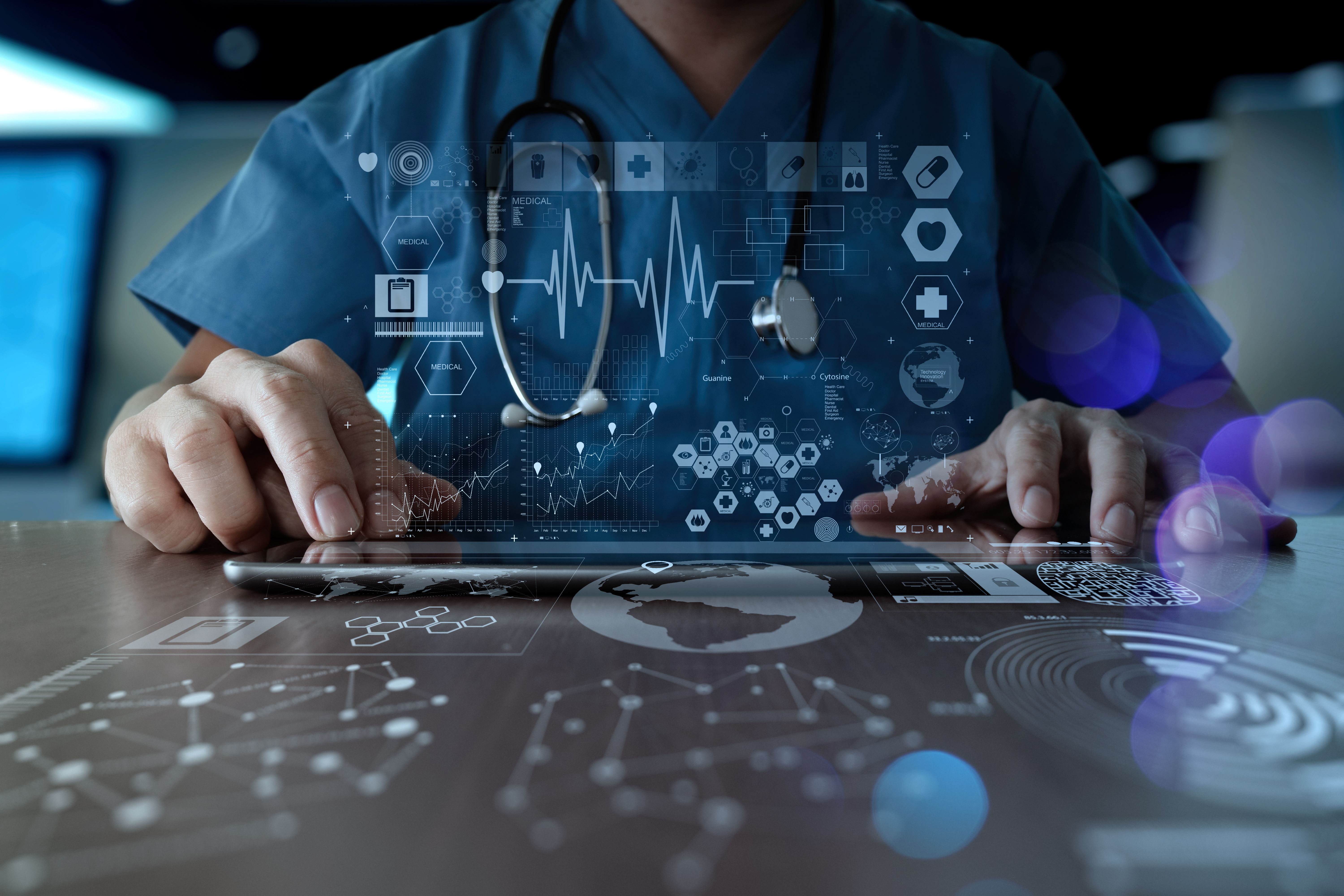
By Timo Minssen (CeBIL, UCPH), Sara Gerke & Carmel Shachar A recent US lawsuit highlights crucial challenges at the interface of data utility, patient privacy & data misuse The huge prospects of artificial intelligence and machine learning (ML), as well as the increasing trend toward public-private partnerships in biomedical innovation, stress the importance of an effective…
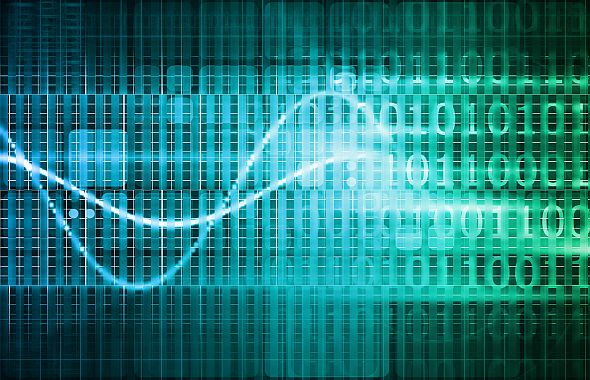
Suicide is a global problem that causes 800,000 deaths per year worldwide. In the United States, suicide rates rose by 25 percent in the past two decades, and suicide now kills 45,000 Americans each year, which is more than auto accidents or homicides. Traditional methods of predicting suicide, such as questionnaires administered by doctors, are…
